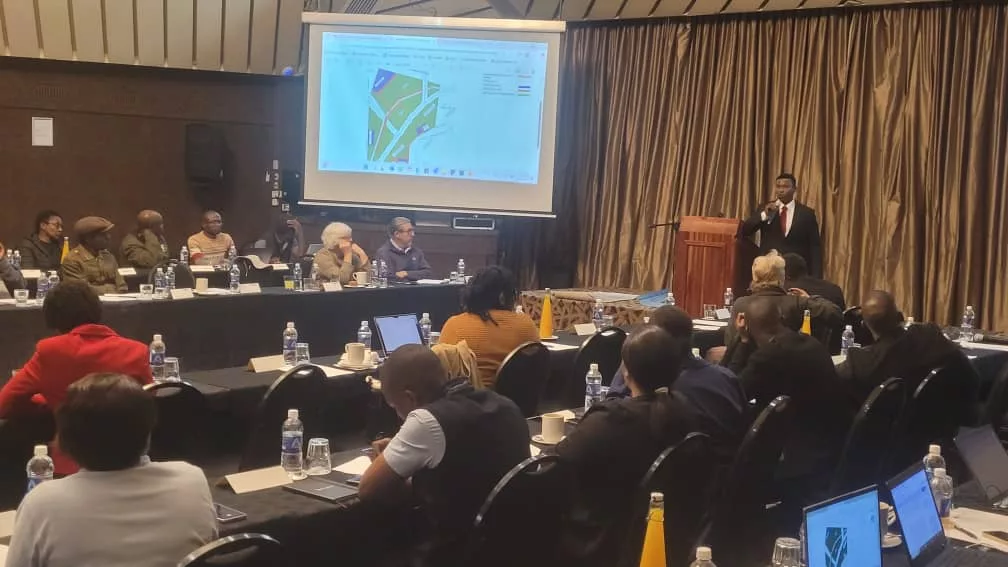|
Getting your Trinity Audio player ready...
|
Victoria Falls, Zimbabwe – June 3, 2025 — At the 57th Southern African Development Community Parliamentary Forum (SADC PF) Plenary Session, Professor Ronald Manhibi, Director of the Centre for Artificial Intelligence at Bindura University of Science Education (BUSE), delivered a powerful and timely call for Southern African parliaments to urgently embrace localized Artificial Intelligence (AI) strategies anchored in the continent’s realities and priorities.
Speaking under the banner “Artificial Intelligence (AI) for Parliaments in the SADC Region: Insights from the Zimbabwean Context,” Professor Manhibi emphasized the imperative for SADC nations to start where they are and to establish enabling policy and data environments that can power sustainable, sovereign AI ecosystems.
“SADC cannot meaningfully participate in the global AI renaissance while Africa remains largely a consumer of external technologies, with no serious data sovereignty or local AI production,” said Manhibi. “China dominates global production data, while the United States holds the reins on consumption data via platforms like Google, Facebook, and Instagram. Africa owns neither—yet AI depends on reliable data to function meaningfully.”
Drawing from his experience in leading a university-level AI initiative that collaborates directly with the Parliament of Zimbabwe, Manhibi illustrated how AI can transform legislative operations—from document digitization to automated bill tracking and intelligent decision support. However, he cautioned that without structured national strategies, adequate skills development, and a shared regional vision, the SADC region risks being sidelined in the 21st-century AI economy.
Key talking points from the presentation included:
- The urgency of drafting country-specific AI parliamentary strategies: Legislatures were urged to act now, even with limited resources, using what is locally available.
- The foundational role of education: AI must be embedded across curricula—from Early Childhood Development (ECD) through to tertiary education—to prepare digitally literate generations. Reskilling and upskilling of the existing workforce are also critical.
- The need for data sovereignty: To build useful AI systems, African nations must invest in producing and owning their data—not relying on foreign-controlled datasets that don’t reflect local contexts.
- Capacity building within Parliaments: A recent Zimbabwean parliamentary AI survey revealed an 85% AI skills gap among Members of Parliament and support staff. Manhibi called for a region-wide AI capacity-building programme as a “first-order business.”
- Opportunities for collaboration: He proposed regional initiatives such as a SADC-wide AI knowledge portal, a legislative AI accelerator, and formal academic-parliamentary forums.
In closing, Professor Manhibi reiterated that AI is not a futuristic luxury but a present-day necessity.
“AI does not wait for us to be ready—it is already transforming how the world works. If SADC does not position itself now, it risks permanent technological dependency,” he warned.
His presentation followed remarks by the Zimbabwean Minister of ICT, Honourable Dr. Tatenda Mavetera, and preceded contributions from other leading AI scholars in the region. The session’s theme, “Harnessing Artificial Intelligence for Effective and Efficient Parliamentary Processes,” provided a regional platform to examine how emerging technologies can improve legislative governance and oversight across Africa.






